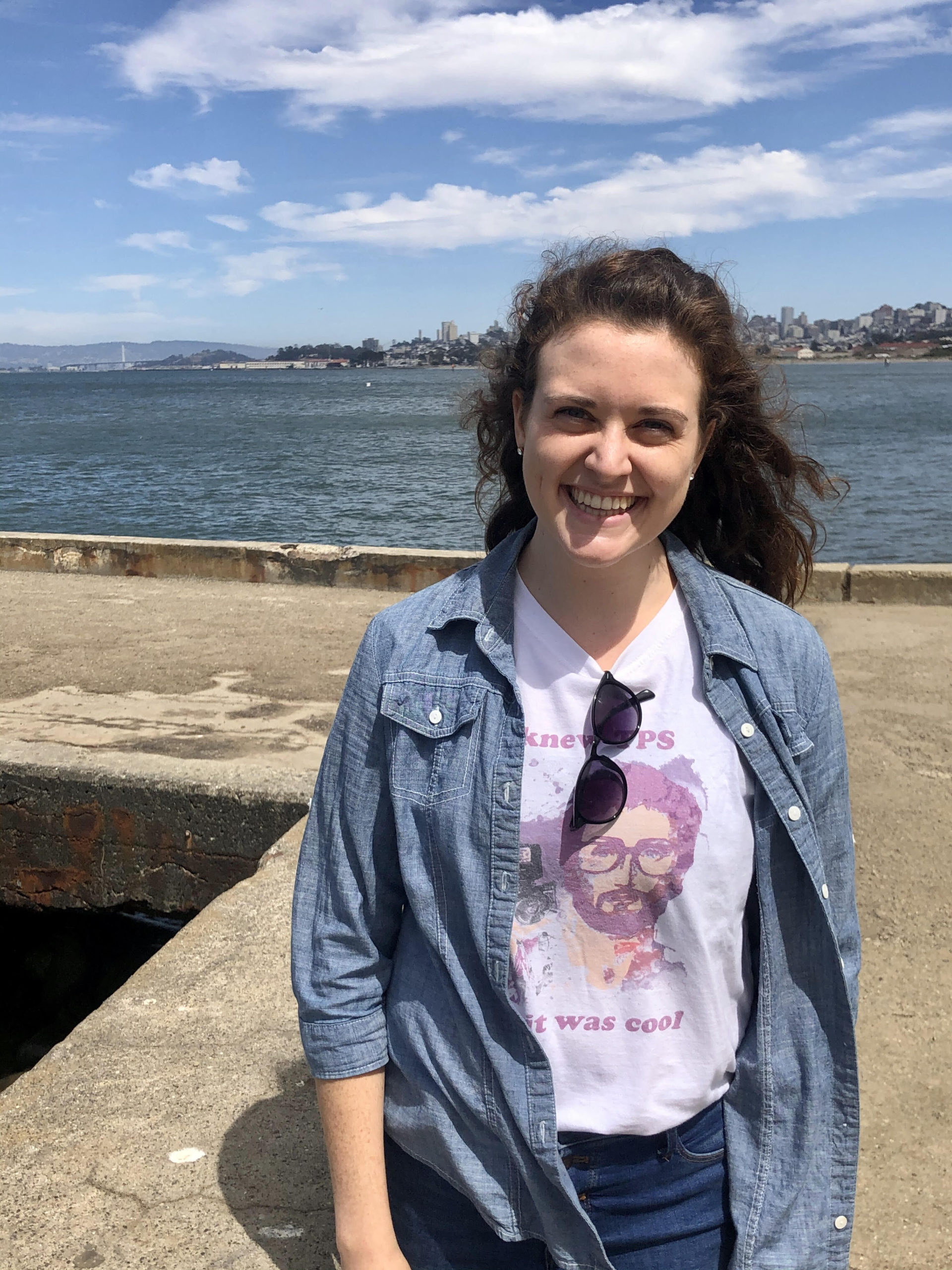
An Arizona judge denied a request to delay the execution of a prisoner who argued that the state’s death penalty procedures would violate his rights by subjecting him to severe pain.
Frank Atwood is facing the death penalty, but his attorneys have said that their client would undergo extreme suffering if he was strapped to the execution gurney on his back, KSAZ-TV reported.
[embedded content]
The 66-year-old Atwood suffers from a degenerative spinal condition that has left him wheelchair-bound.
Atwood was convicted and placed on death row in 1987 for the kidnapping and murder of 8-year-old Vicki Lynne Hoskinson, Arizona Central News reported.
Before that, Atwood had also served three years of a five-year sentence in California for sexually assaulting a 7-year-old boy. In 1975 he was also deemed a “mentally disabled sex offender” after a different California case involving child molestation.
As Atwood faces execution, his lawyers argued against the methods of execution in Arizona.
Judge Michael Liburdi presided over a court hearing on Friday.
Atwood’s lawyers not only brought up their client’s condition, but also asked whether pentobarbital, which is used for injection execution, meets the pharmaceutical standards, according to KSAZ-TV.
Do you think that there should be capital punishment?
Yes: 98% (1405 Votes)
No: 2% (36 Votes)
They also questioned whether the state has met a requirement that the drug’s expiration date falls after the execution date.
Furthermore, Atwood’s lawyers also challenged Arizona’s protocol for gas chamber executions.
Though Atwood did not actually choose execution by the gas chamber, two weeks ago Atwood declined to choose between injection and the gas chamber. That left him to be put to death via lethal injection, which is the state’s default method.
But he still challenged the gas chamber protocols since it uses cyanide gas.
Atwood’s lawyers argued that hydrogen cyanide is unconstitutional and produces extreme pain in death.
Prosecutors argued that these challenges and questions are just maneuvers to try to indefinitely postpone Atwood’s execution.
Judge Liburdi issued an order posted on Sunday, rejecting Atwood’s claim.
Meanwhile, Atwood has always claimed his innocence, and his lawyers have tried to get his death sentence overturned.
Last summer, his attorneys claimed to have found an FBI memo about an anonymous caller who claimed to have seen the kidnapped and murdered girl in a vehicle that was not associated with Atwood.
However, the 9th Circuit Court of Appeals said it couldn’t conclude that the evidence from an unreported, anonymous call would have any effect on Atwood’s trial or conviction.
Last week, a federal appeals court denied a request from his attorneys to make new arguments in a bid to get his sentence overturned.
On Friday, Atwood’s lawyers also asked the Arizona Supreme Court to stay his execution on the ground that there was new evidence of his innocence.
Atwood has spoken up about his innocence and has never confessed to murdering the little girl.
“We’re talking about whether a person took a life, a life of an innocent young child,” he said, the Arizona Central News reported. “That is probably the worst thing a person could do in this world. I’m not going to admit to anything I didn’t do. I had no involvement in it whatsoever.”






